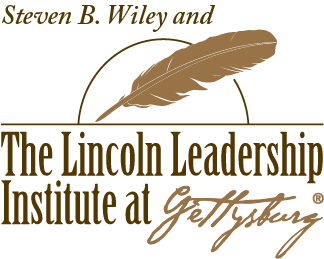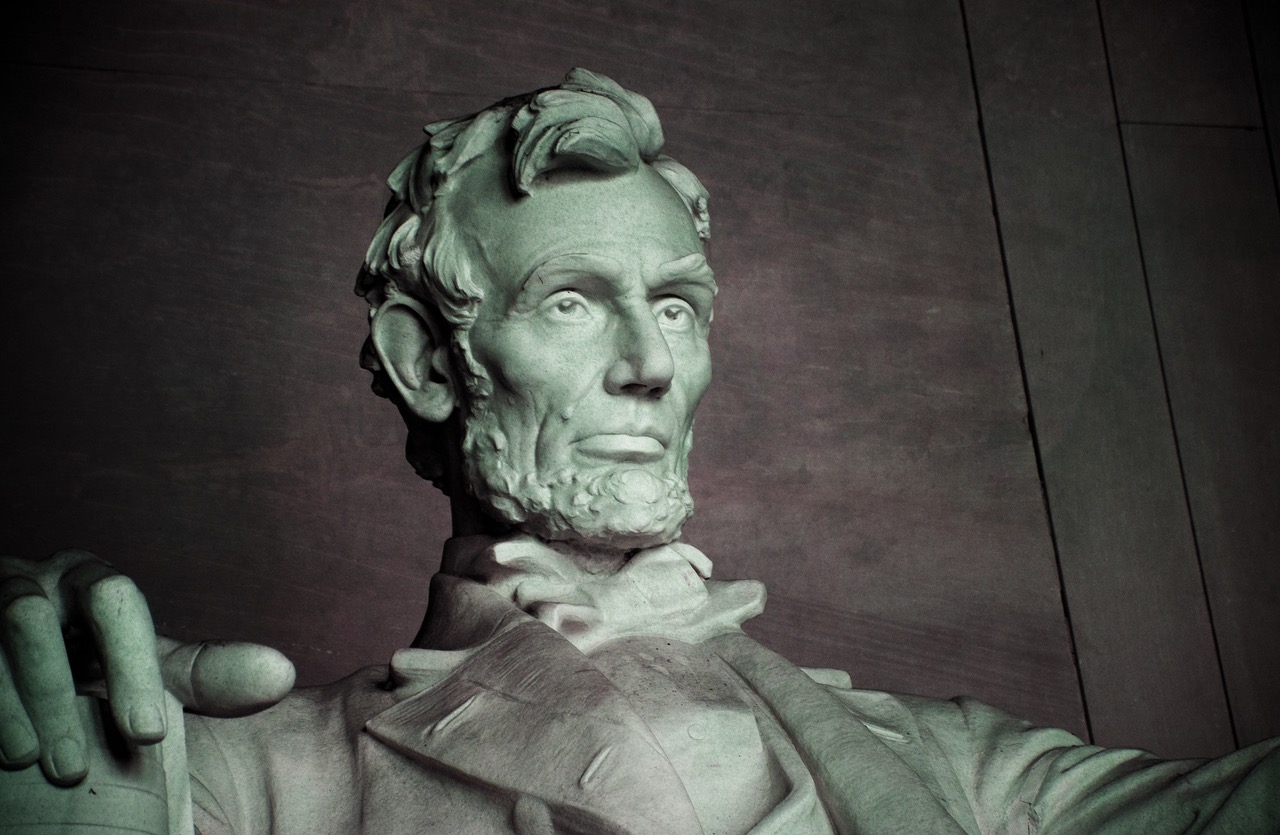How are you doing with the state of the world? Have you taken time to stop and reflect? This year has not been easy. It feels like the universe is trying to tell us something. And the truth is, it is.
Everything happens for a reason. I think most people believe that—but many of us struggle to know what that reason is. How do we find meaning in such challenging and seemingly random events? More importantly, how do we lead others to understand the meaning?
The first thing we have to do is to process our own emotions. This takes time, and many of us aren’t good at it. We have experience processing some of our emotions, particularly grief, because we’ve had experiences that forced us to do it. When it comes to global events, however, we don’t think about them the same way. They don’t feel as personal, so we don’t think about how they affect us individually. We continue to focus on our daily lives without addressing how we feel about what’s going on around us. This can leave us with low-grade anxiety and free-floating stress that impacts our performance and our teams. It is important to take time to just feel about events. By identifying and feeling uncomfortable emotions, we can move on to the next step.
Second, we need to see a bigger picture. Once we understand how we feel, we can shift our perspective to see how events are impacting others. Staying focused on our small view keeps us from understanding how interconnected we are. Isn’t that the message of COVID-19? Aren’t we wearing masks because we know our breath intermingles? Can we see racial injustice as a crime against humanity, rather than a particular group? Seeing the bigger picture takes empathy and understanding, which forces us to strengthen our emotional intelligence and grow as people.
Finally, we can create meaning. I don’t believe in coincidence. Even though things can look random, plenty of studies have shown that there is order in chaos. The meaning of events is a personal thing, and we create it by being in touch with our emotions and seeing a broader perspective. This is what keeps us evolving, learning and growing. Leaders create meaning by defining the circumstances. Abraham Lincoln knew this when he delivered the Gettysburg Address in November 1863. Public opinion hadn’t yet decided how to interpret the Battle of Gettysburg, the bloodiest battle of the Civil War. Many believed it was an unacceptable loss of life for a cause that seemed to be in vain. Lincoln changed that perception by defining the meaning of the battle as a “new birth of freedom,” a definition that has lasted 157 years.
What story will you tell about 2020? Was it the year from hell? Or was it the year that taught you to innovate, brought your team closer together, forced you to streamline operations, and redefined your brand? You get to choose whatever meaning you want to create.




Recent Comments